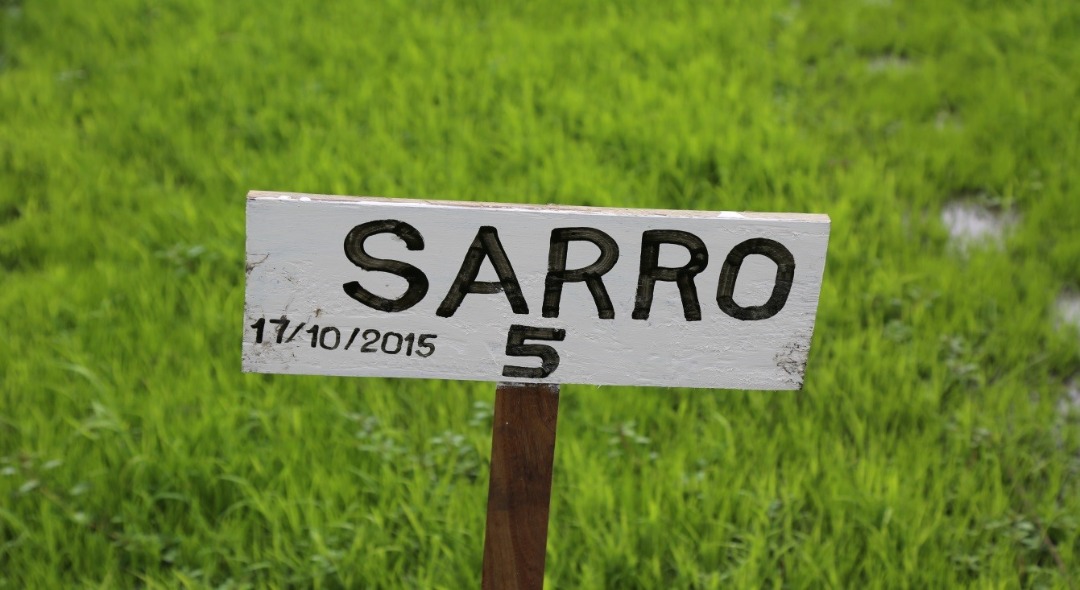The Sustainable Livelihoods Project
The Sustainable Livelihoods Project supports the first phase of the Sustainable Livelihoods Program. The project will bring an
effective approach to promoting improved, secured, and sustainable livelihood strategies developed, demonstrated, and validated in selected areas, and institutional capacity created so that these strategies can be replicated and scaled-up in the second phase of the Program.
The project consists of four components
- Pastoral risk management will reduce the vulnerability of herders and enhance their resilience to drought, dzud (winter disasters), and other shocks through risk forecasting and contingency planning, grazing and pasture management, herder self-help initiatives, and hay and fodder enterprise development.
- Micro-finance outreach will provide micro-finance services to targeted poor and vulnerable non-poor households and individual achieved in remote rural areas of the eight core aimags through the creation of a micro-financed development fund and the strengthening of revolving loan funds.
- Local initiatives fund will establish effective mechanisms by
which all members of the targeted communities can come together to identify their key infrastructure development needs and prioritize them for potential sub-project financing. - Project management will build on existing program management structure for project implementation.
Objectives of Livelihoods Restoration program
The main project objective this LRP is to restore or improve the livelihoods of PAPs. Specifically, the project aims at providing training and start-up inputs to PAPs in different areas of intervention including agriculture, livestock and off-business, on business/entrepreneurship skills, sustainable agriculture
production and livestock development.
Sustainable Agriculture development
Farming activities in Kirehe district, like most of Rwanda, are the main source of livelihood for the village community. The common crops grown include maize, beans, cassava, potatoes and banana,
predominantly grown traditionally. This makes farming a substance activity in Rwanda. Affected households in Kirehe district have expressed the desire of improving their agricultural practices as a way of increasing production and land productivity. Both practical and theoretical training for intensification of
production and productivity have been proposed in the livelihoods restoration program.
Off-farm business
Some affected PAPs were involved in off-farm business. They were neither in agriculture nor livestock and selected off farm activities as a way of restoring their livelihoods. Selected off-farm businesses are;
- Hair dressing
- Tailoring
- Restaurant
- Stock and sale of agricultural commodities.
In total 39 PAPs will participate in the subprogram and will be provided with trainings and start-up inputs.
Business development skills
This training will be organized for127 PAPs who registered for LRP and will be trained in business development, linkage to financial institutions, marketing strategy as a way of strengthening the capacity of managing their selected business. Also products such as value addition and credit schemes, financial
discipline and income generating activities will be considered.
Become a volunteer
Join us for a better life and beautiful future
With our partners, we work with and empower marginalized groups and households to enable them to have the capacities
to improve their livelihoods.


